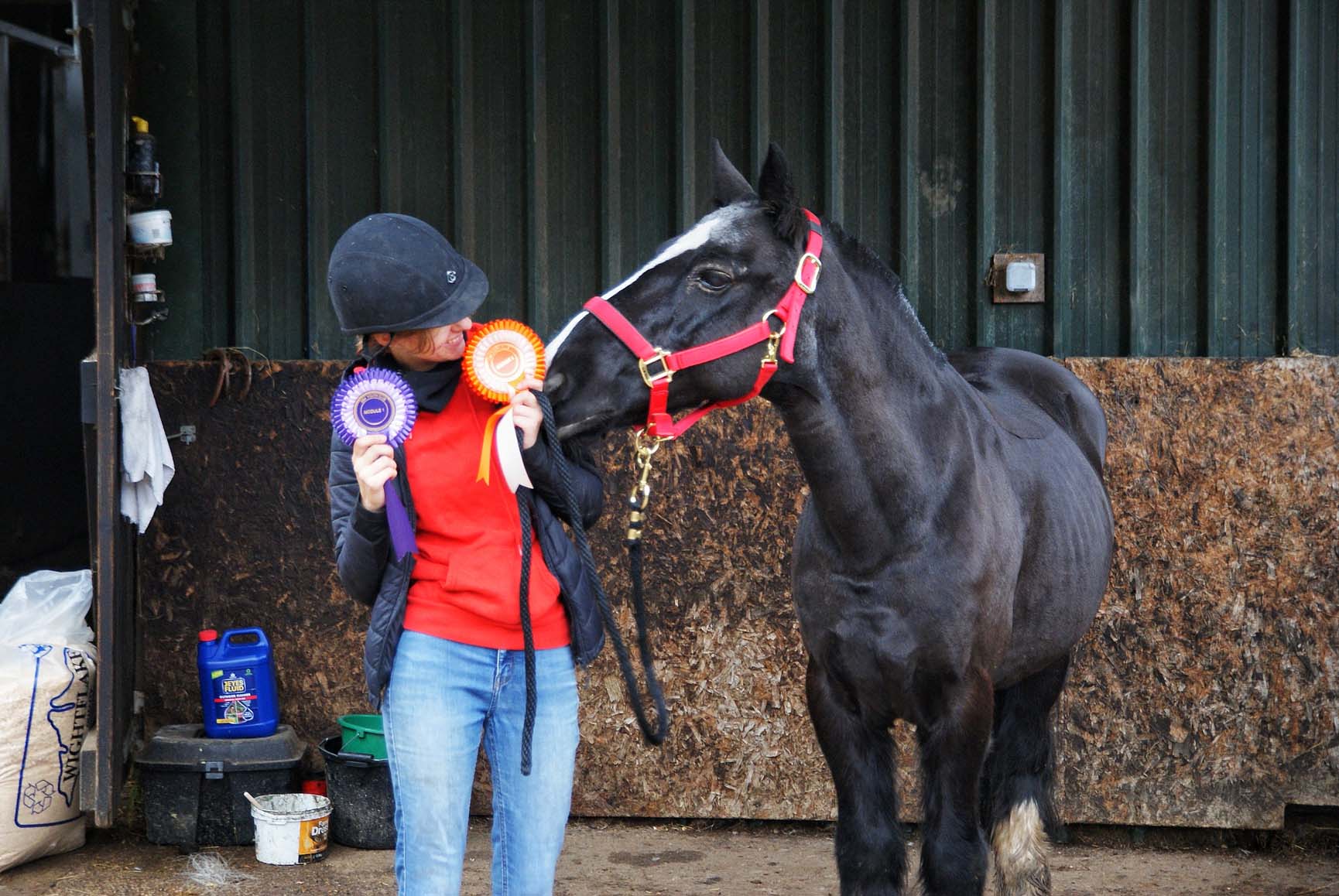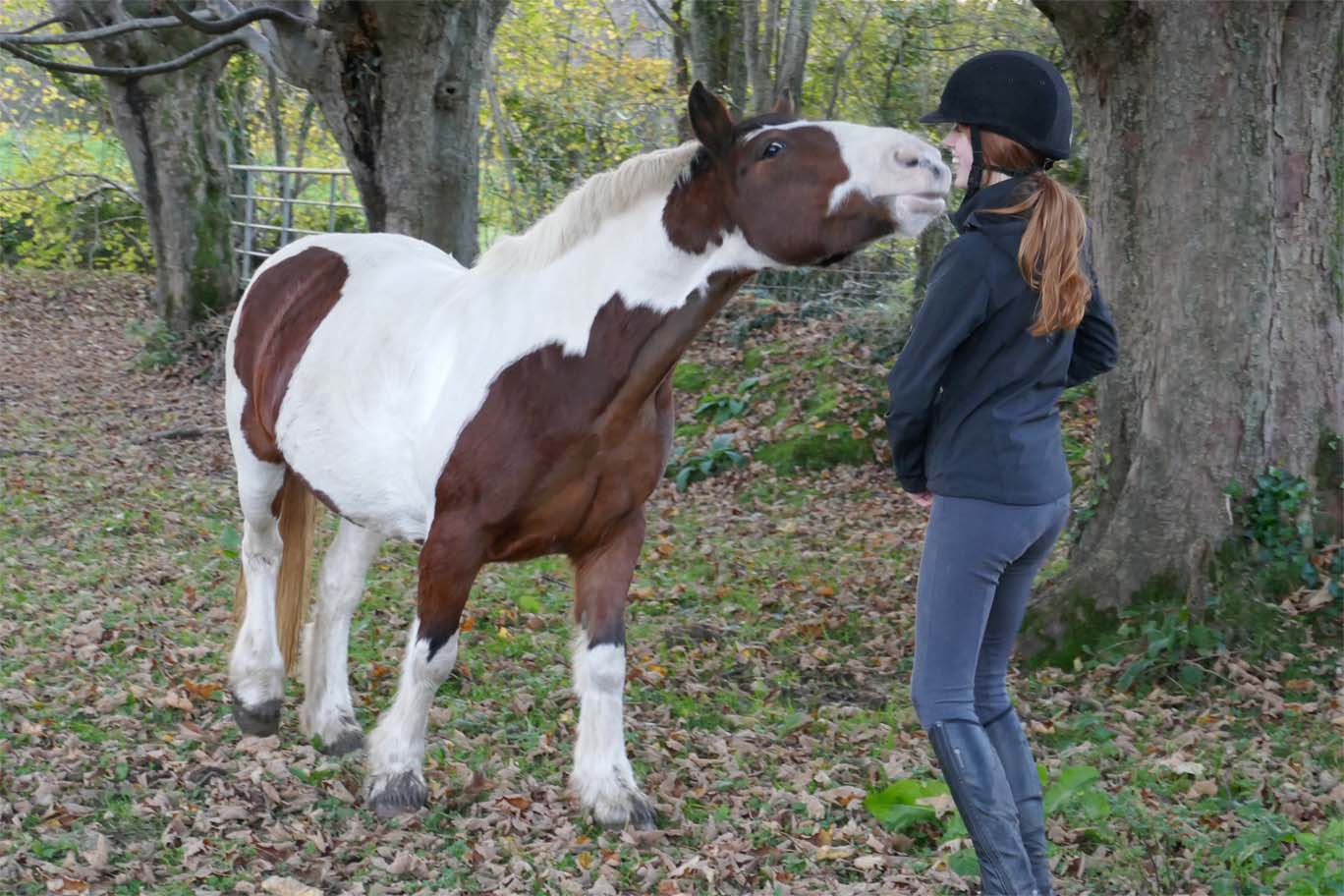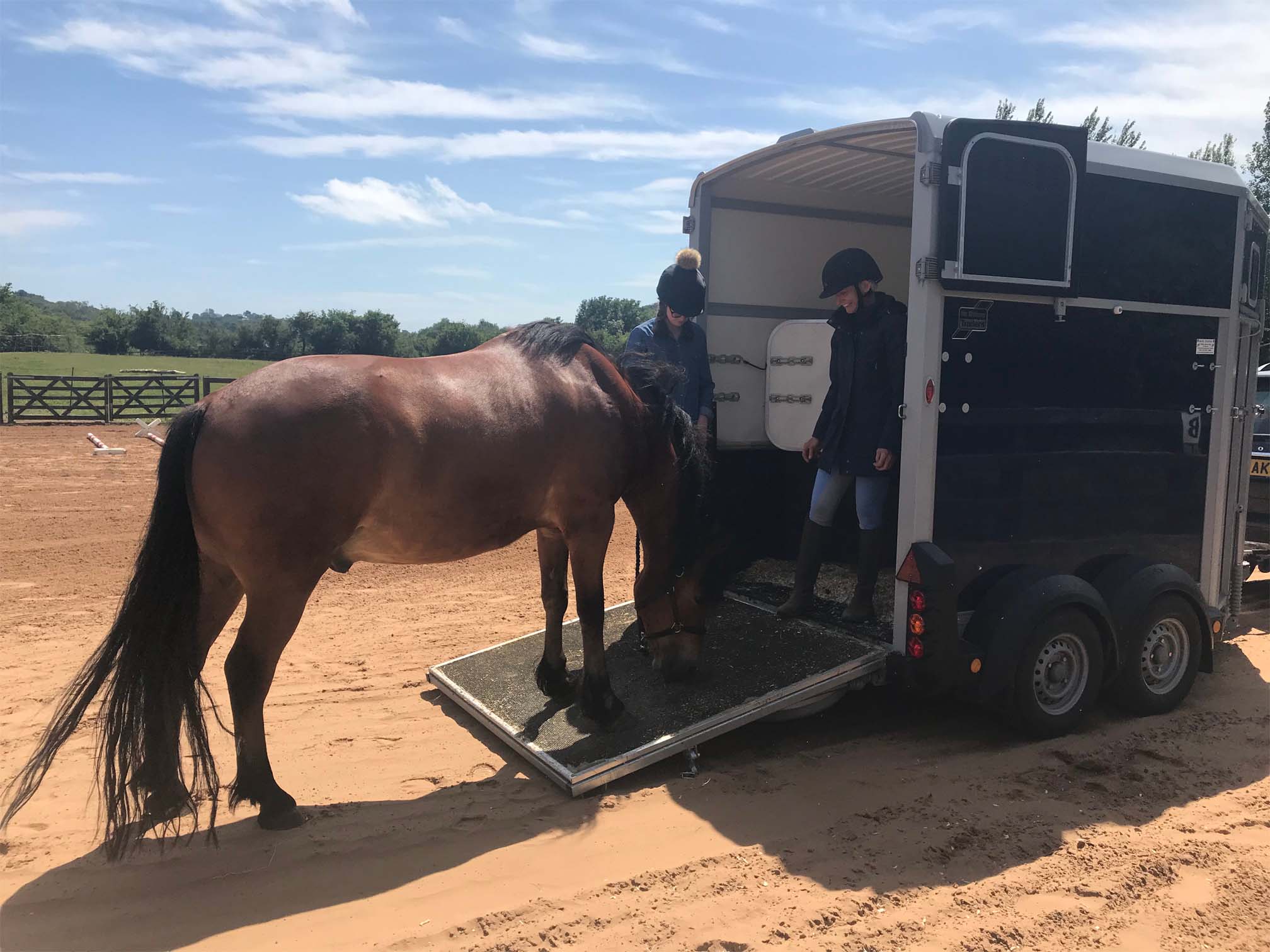EBA Youth Club Course Program
The EBA Youth club course program is for any teen who spends time with horses & wants to learn more about equine behaviour & how to improve well-being.
EQUINE BEHAVIOUR AFFILIATION
Youth Club
Find Out More
Our Youth Course
Whether you are novice, experienced or looking to go down the professional route in any area of the industry, this course is for you.
Following in the footsteps of our adult Applied Equine Psychology Course, it covers 6 modules and is teen friendly; fun, interactive with a practical element.
Course Aims
The course aims to equip you with the knowledge & skills to manage and interact with horses in a way that meets their physical and emotional needs. It promotes improved safety, a positive relationship, less conflict, and a more enjoyable ethical approach.
You will gain new skills in:
- interpreting body language and how your horse may feel,
- assessing your horse’s well-being,
- assessing why behaviour problems may arise,
- how to improve your relationship, help your horse to learn and lots more.
Course structure
The course is held on-line. Classes run for 1 h 15min once a week, for 5 weeks. All modules are based on slide presentations with discussions around videos and photos. Everyone is encouraged to participate and ask questions.
Weekly assignments
“Thank you so much for holding these courses. I’ve learnt a lot and can’t wait to learn more with the next ones.”
– Robin and Benny
Modules
Module 1 : Body Language and Communication - Understanding your horse
This module aims to give you an understanding of body language and what it may tell us about the emotional state of the horse.
Discussions will focus on recognising subtle signs that indicate whether our horse is feeling uncomfortable or if we are getting it right.
Module 2 : Basic Needs & well-being
This module will help you understand how to resolve various behaviour problems, how we assess mental well-being of domesticated horses and how to make improvements.
Discussions will revolve around evolution, factors influencing well-being and how it effects horse behaviour.
How feral horses live today and how we can use this information to consider the needs and well-being of our domestic horses.
Module 3 : Horse - Human Relationships
A good horse-human relationship is essential as we spend time together.
Without this, safety, welfare and effective communication are all compromised.
In this module we will examine what a healthy relationship is, offer practical steps in how we can build this and look at how relationships influence calmness in our horse.
It aims to offer you guidance in how to build a more positive horse-human relationship.
Module 4 : Equine Learning
Module 5 : Life skills & Groundwork
Module 6 : Ridden work
Pricing & Sign up
Membership
Join EBA
EBA is committed to supporting members through professional accreditation, education and opportunities for development.
We have 3 levels of Membership:
- Supporter
- EBA Student
- Professional
Visit our Membership Page for details on what each level offers and how to join.
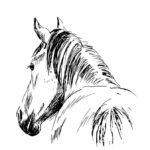
Join as a Supporter
For any individuals who are interested in equine behaviour but who are not practising as an EBA Registered Equine Psychology Specialist.
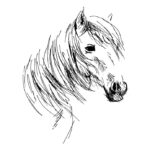
STUDENT MEMBERSHIP
For anyone currently training with the EBA. You can join EBA as a student by registering and being accepted for any of our courses.
